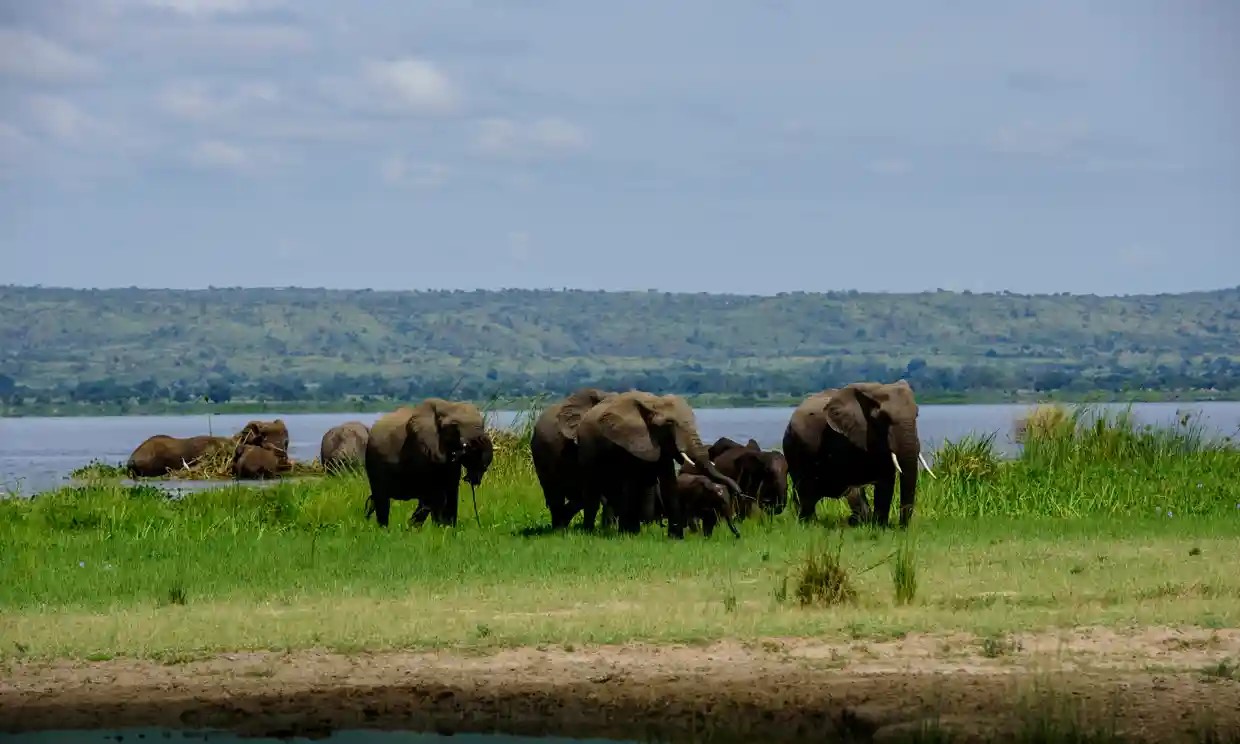Physical Address
Plot 123 Kampala, Uganda


In the face of escalating climate challenges, Uganda is emerging as a proactive advocate for climate action, demonstrating a commitment to adapting to environmental changes and spearheading innovative solutions. The nation’s multifaceted approach encompasses adaptation strategies, community resilience building, and sustainable development initiatives, positioning Uganda as a regional leader in the global fight against climate change.
One of the key pillars of Uganda’s climate action plan is climate adaptation. The country is actively identifying and implementing measures to cope with the impacts of climate change, such as shifting weather patterns, prolonged droughts, and increased frequency of extreme weather events. Innovative agricultural practices, water conservation initiatives, and sustainable land management strategies are being employed to build resilience in the face of a changing climate.
Community resilience is at the forefront of Uganda’s climate agenda. Recognizing the vulnerability of local populations to climate-related risks, the government is investing in community-based adaptation projects. These initiatives empower communities to develop their own strategies for coping with climate impacts, from constructing resilient infrastructure to establishing early warning systems that enhance preparedness for climate-induced disasters.
Sustainable development is tightly interwoven with Uganda’s climate action efforts. The country is championing a green growth agenda that seeks to decouple economic growth from environmental degradation. Investments in renewable energy, sustainable agriculture, and eco-friendly technologies are not only reducing Uganda’s carbon footprint but also creating avenues for inclusive and environmentally conscious economic development.
Afforestation and reforestation initiatives are pivotal components of Uganda’s climate strategy. By recognizing the critical role of forests in sequestering carbon, regulating water cycles, and preserving biodiversity, the country is actively working to restore and conserve its forest ecosystems. Tree planting campaigns and sustainable forestry practices are contributing to the nation’s ambitious goals for increased forest cover.
Uganda is also engaged in international collaborations to address global climate challenges. The country actively participates in climate change negotiations, contributing its voice to the call for collective action and advocating for the interests of developing nations. Through partnerships with international organizations, Uganda is accessing financial and technical support to bolster its climate resilience efforts.
In conclusion, Uganda’s climate action efforts exemplify a holistic and forward-thinking approach to environmental challenges. By combining adaptation strategies, community resilience building, sustainable development initiatives, and international collaborations, Uganda is not merely reacting to climate change but is actively shaping a more resilient and sustainable future. As a nation that understands the urgency of climate action, Uganda stands as an inspiration and model for others grappling with the complex and interconnected issues posed by a changing climate.